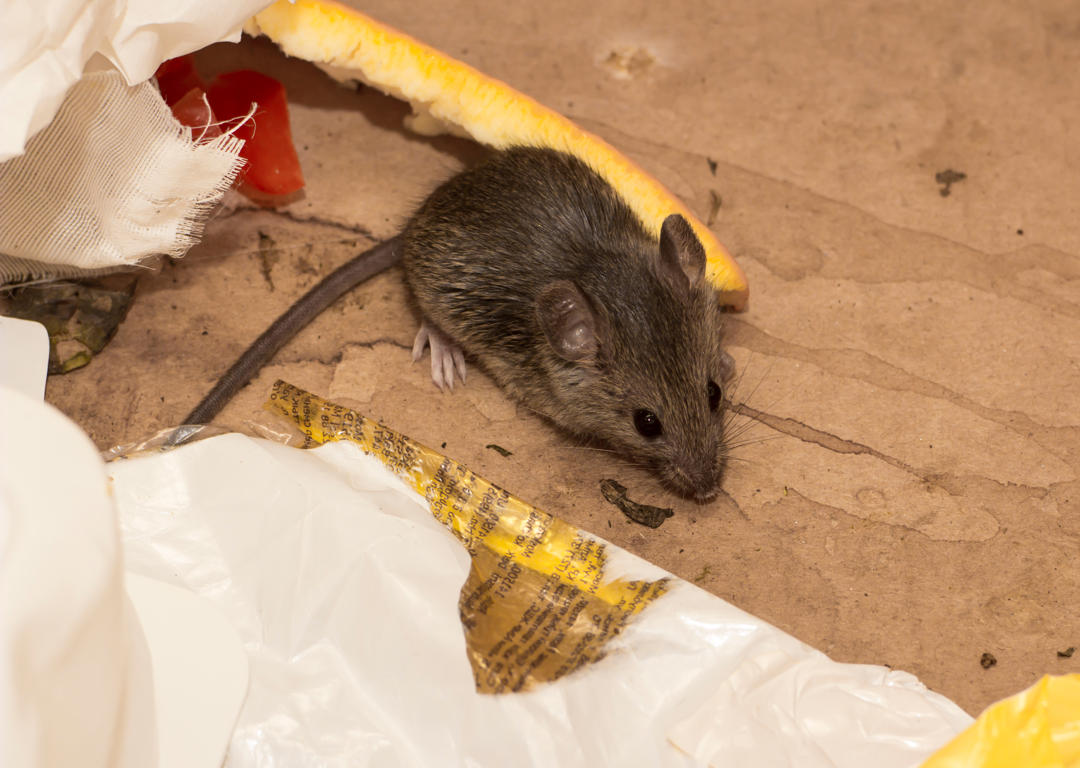

Mice infestations are a common problem for homeowners, especially during colder months when these rodents seek warmth and shelter indoors. Mice can cause significant damage, contaminate food, and pose health risks. This article provides comprehensive tips and strategies for dealing with mice infestations effectively.
Before you can address a mouse infestation, you need to confirm their presence. Common signs of a mice infestation include droppings, which are small, dark, and pellet-shaped, typically found near food sources, in drawers, cupboards, and along walls. Gnaw marks are another indicator, as mice chew on various materials, including wood, plastic, and wires. Look for these marks on furniture, baseboards, and food packaging. Nests made from shredded paper, fabric, and other soft materials are often found in hidden areas like behind appliances, attics, and basements. You might also hear scratching or scurrying noises at night, particularly in walls and ceilings, as mice are nocturnal. Additionally, tracks and smudges, which are grease marks or smudges along walls and floorboards where mice travel, along with small footprints in dusty areas, can indicate their presence.
Preventing mice from entering your home is the first line of defense. Inspect your home’s exterior and interior for potential entry points and seal them with appropriate materials. Use caulk to seal cracks and gaps around windows, doors, and foundations, and fill larger holes with steel wool, which mice cannot chew through, secured with caulk. Install weatherstripping on doors and windows to close gaps, and cover vents, chimneys, and other openings with mesh screens to prevent entry.
Maintaining cleanliness is also crucial. Keep food in airtight containers and avoid leaving pet food out overnight. Promptly clean up spills and crumbs from countertops, floors, and dining areas. Use sealed garbage cans and take out the trash regularly to avoid attracting mice.
Proper yard maintenance can also deter mice. Keep bushes, trees, and shrubs trimmed away from your home’s exterior, and clear piles of leaves, wood, and other debris where mice can hide. Store firewood at least 20 feet away from your home and elevate it off the ground.
If you already have a mouse infestation, several DIY methods can help control the problem. Various types of traps can be effective in capturing mice. Traditional snap traps kill mice quickly and should be placed along walls and in areas where you’ve noticed signs of activity. Glue traps catch mice on a sticky surface but are less humane as they do not kill mice instantly. Live traps capture mice without killing them, allowing for release far from your home, but should be checked frequently to avoid stress to the captured mice.
Using baits and poisons requires caution, especially in homes with pets and children. Rodenticides, which are chemical baits that poison mice, should be placed in tamper-proof bait stations to prevent accidental ingestion by pets or children. Homemade baits like peanut butter, chocolate, and dried fruit are effective for traps and should be placed in areas of high activity.
Natural repellents can deter mice without using toxic chemicals. Mice dislike the strong scent of peppermint, so soaking cotton balls in peppermint oil and placing them in areas where mice are active can help. A mixture of vinegar and water can repel mice when sprayed around entry points and areas of activity. Mothballs can also deter mice when placed in infested areas, but they can be toxic to pets and humans, so use them with caution.
Professional pest control services may be necessary for severe or persistent infestations. Pest control professionals have the expertise, tools, and products to effectively manage and eliminate mice infestations. They can accurately assess the extent of the infestation and identify entry points, and have access to advanced pest control methods and products that are not available to the general public. Professionals can also implement comprehensive pest management plans to prevent future infestations.
When selecting a pest control service, look for companies with good reviews and a solid reputation. Choose a service with experience in dealing with mice infestations, and ensure the company uses pet-safe and child-safe products and methods. A reputable company should offer a guarantee for their services.
Ongoing monitoring and maintenance are crucial to prevent future infestations. Conduct regular inspections of your home’s interior and exterior to check for signs of mice, and repair or replace any damaged materials, such as weatherstripping and caulk, to maintain a secure barrier against entry. Maintain cleanliness in all areas of your home, especially kitchens and storage areas, and monitor traps regularly, resetting or replacing them as needed.
Dealing with a mouse infestation requires a combination of preventive measures, DIY methods, and, when necessary, professional pest control services. By sealing entry points, maintaining cleanliness, and employing effective traps and repellents, you can manage and prevent mice infestations in your home. For severe infestations, consider contacting Animal & Pest Control Specialists for professional assistance. Our team of experts is dedicated to providing effective and reliable pest management services tailored to your needs.
Mice can contaminate food-preperation areas with their feces and can cause severe damage to structures.
Here are the signs you should be looking for to identify new pest problems this season.
We offer all the pest control services you need, including prevention, removal, and extermination.
It’s hard to understand the value we offer until you’ve tried us. Our discount makes it easier for new customers to get the best value in pest control.